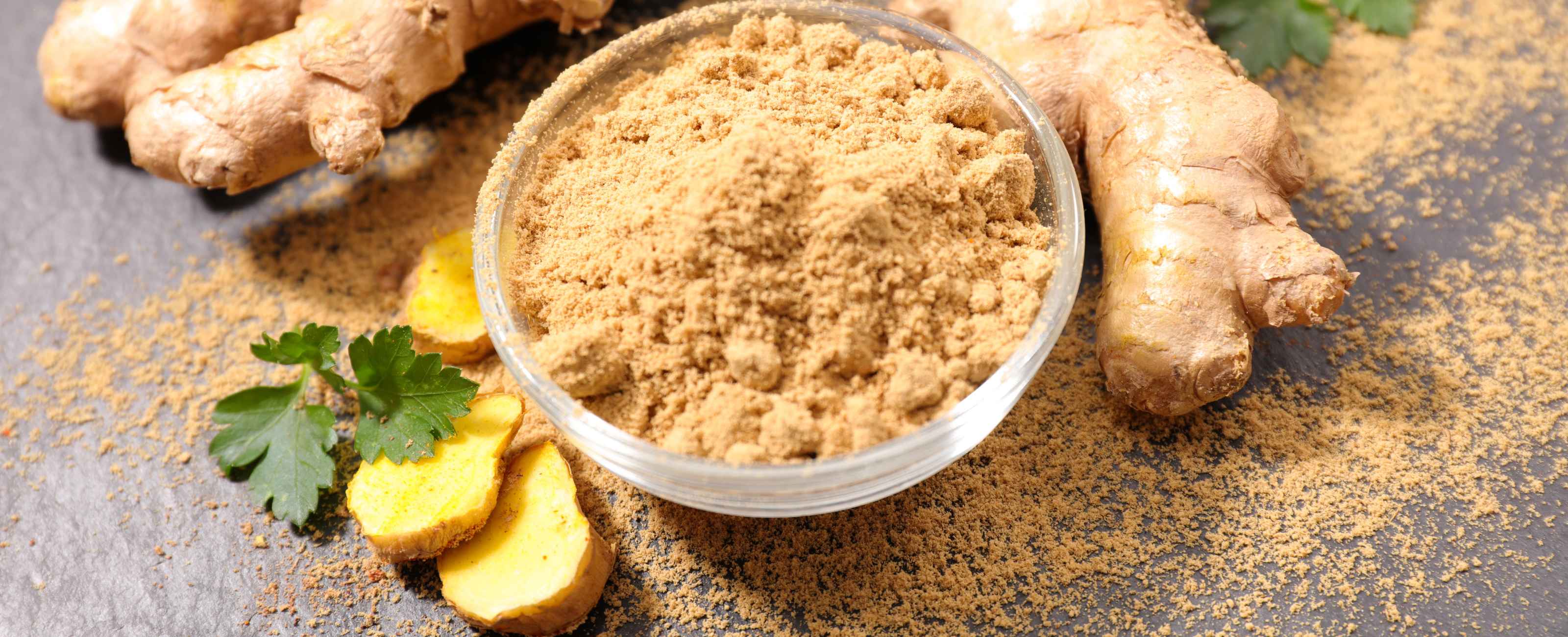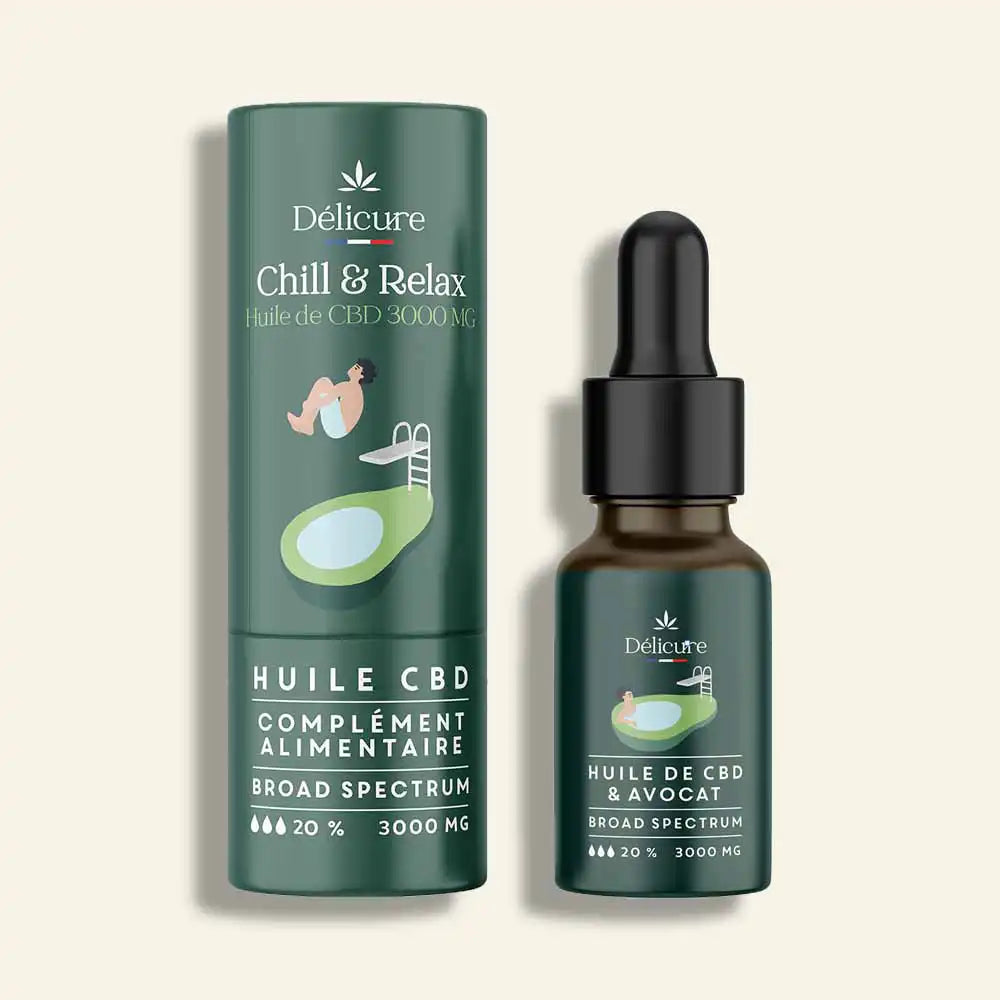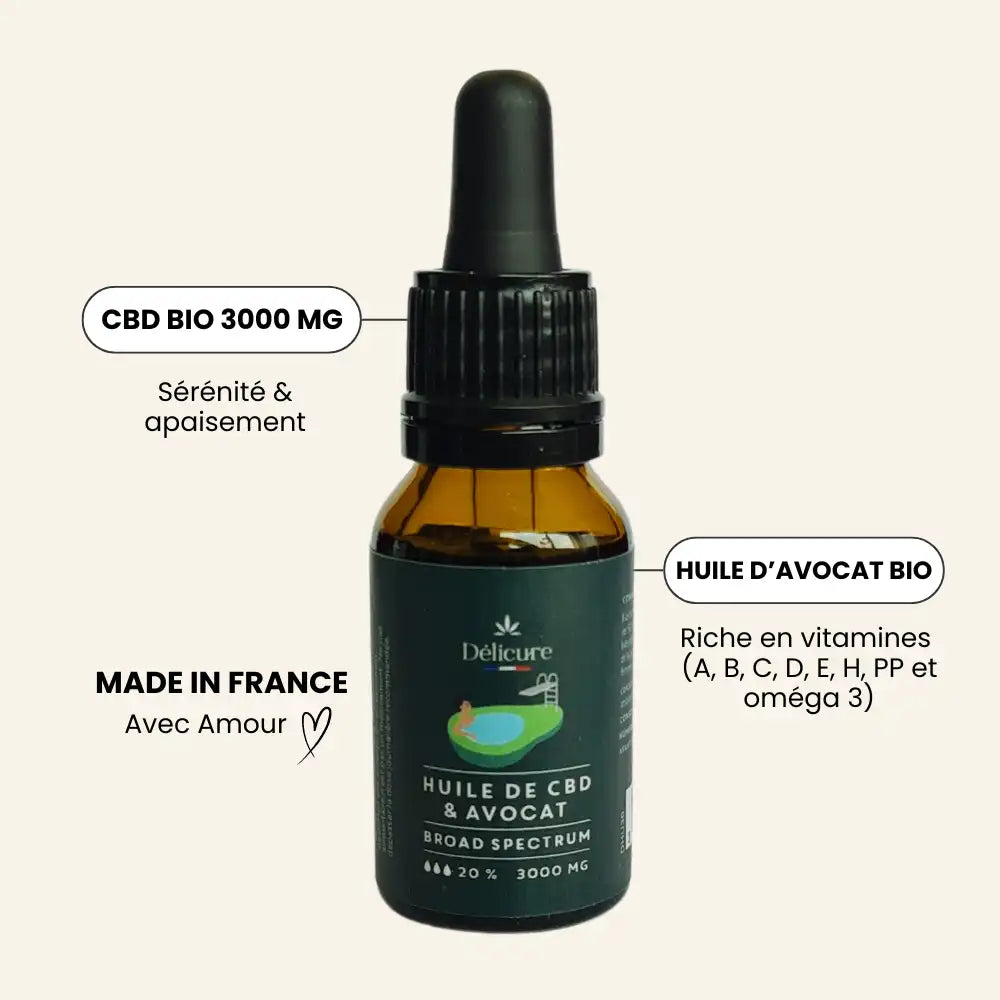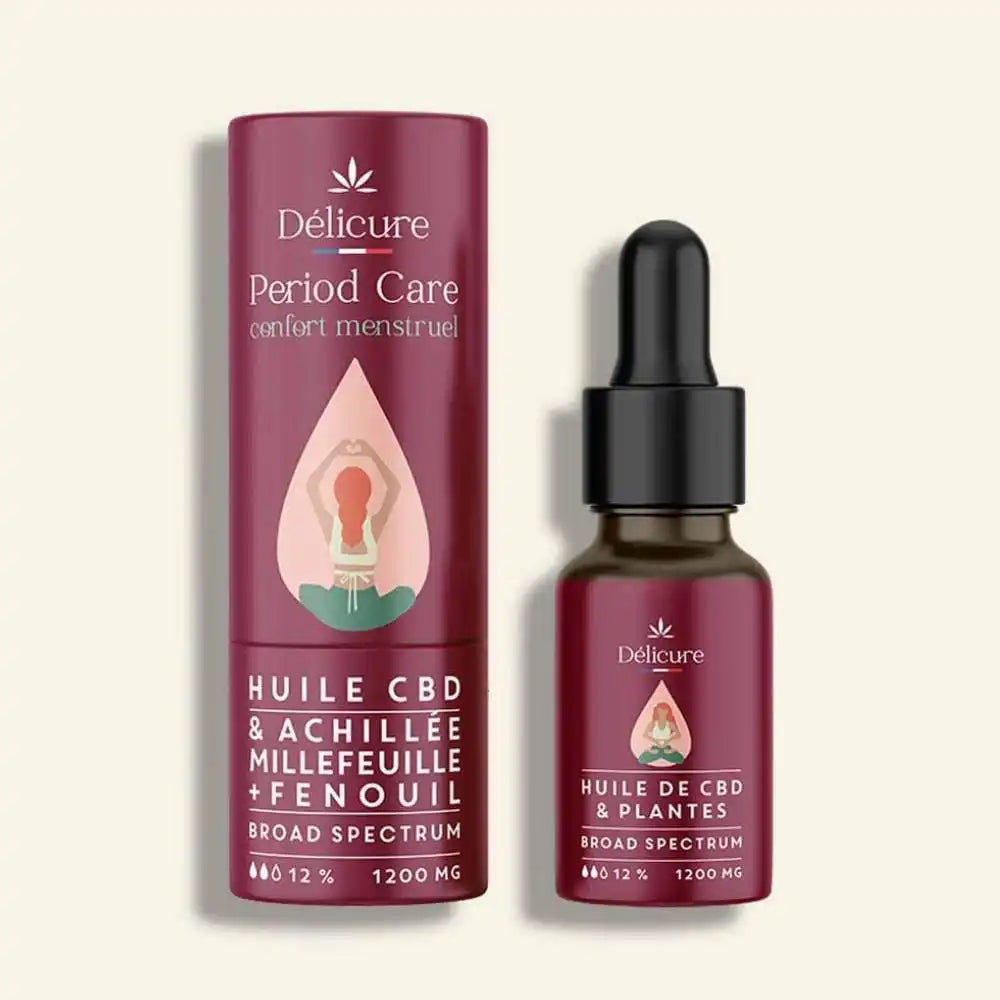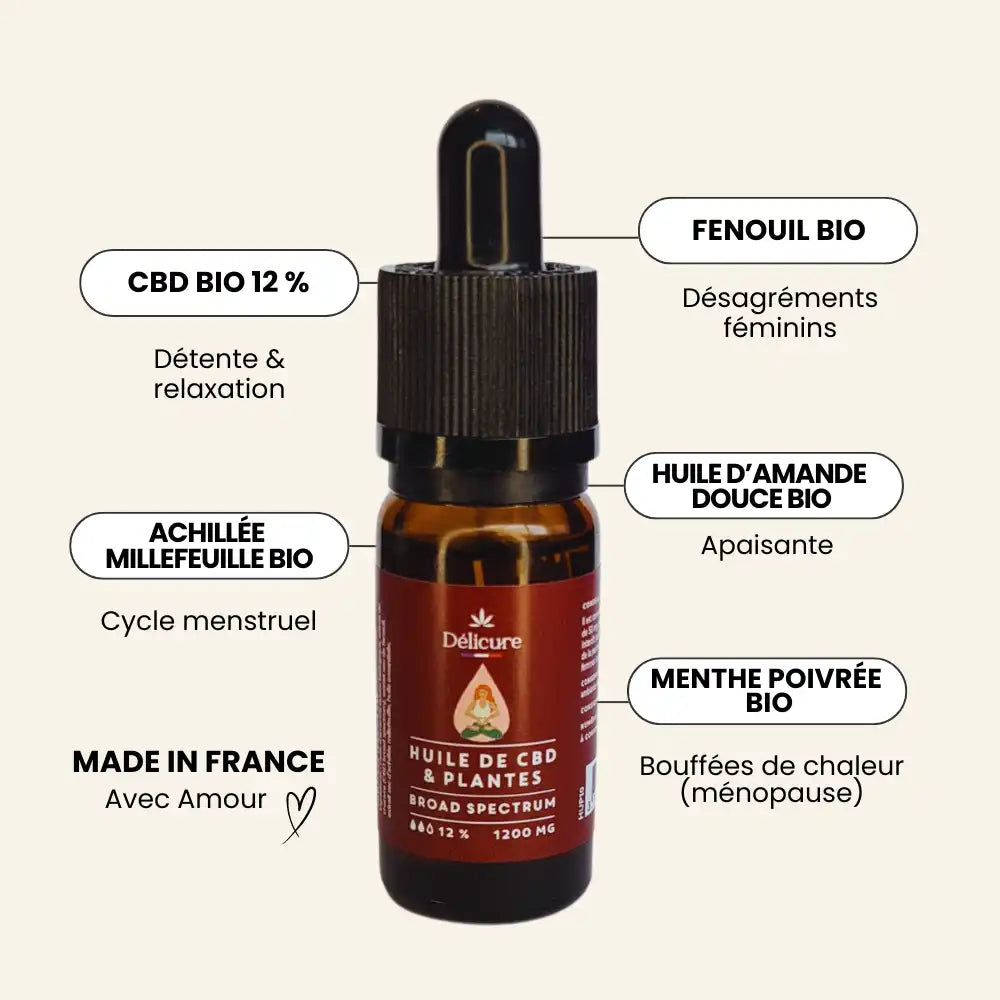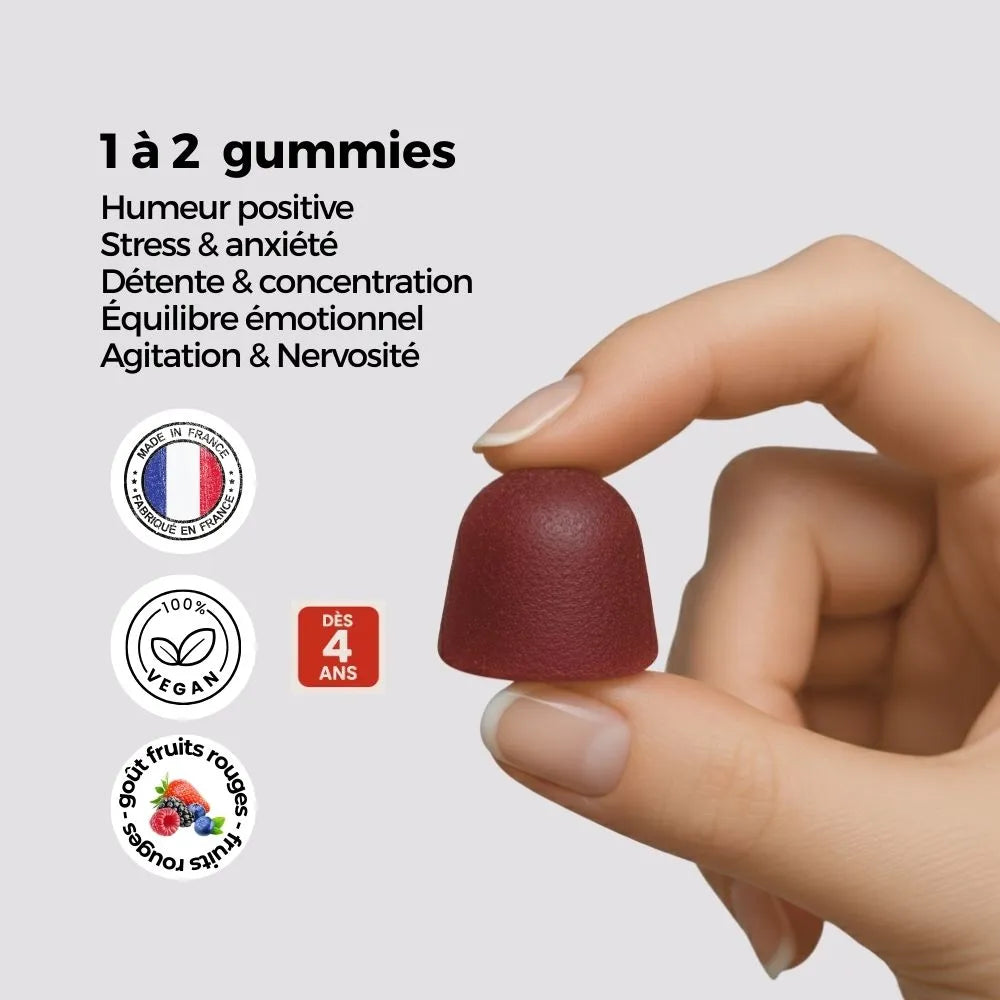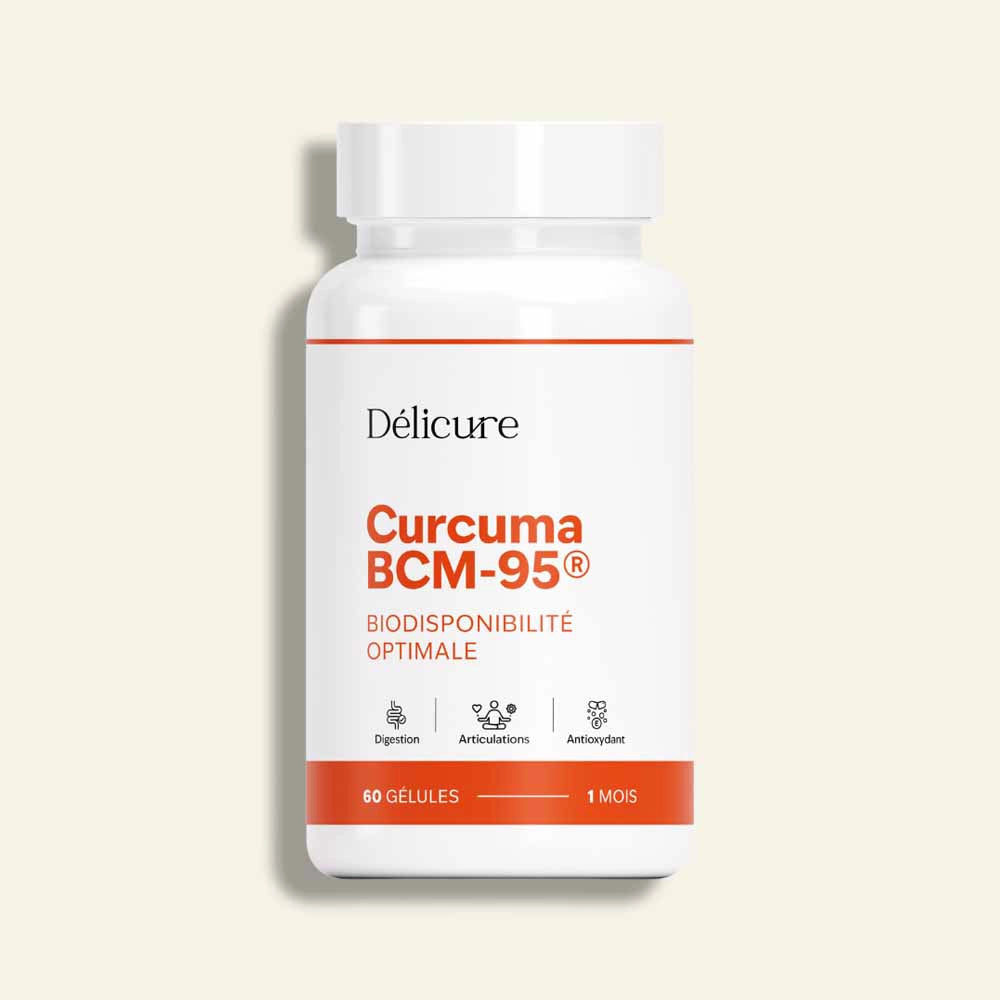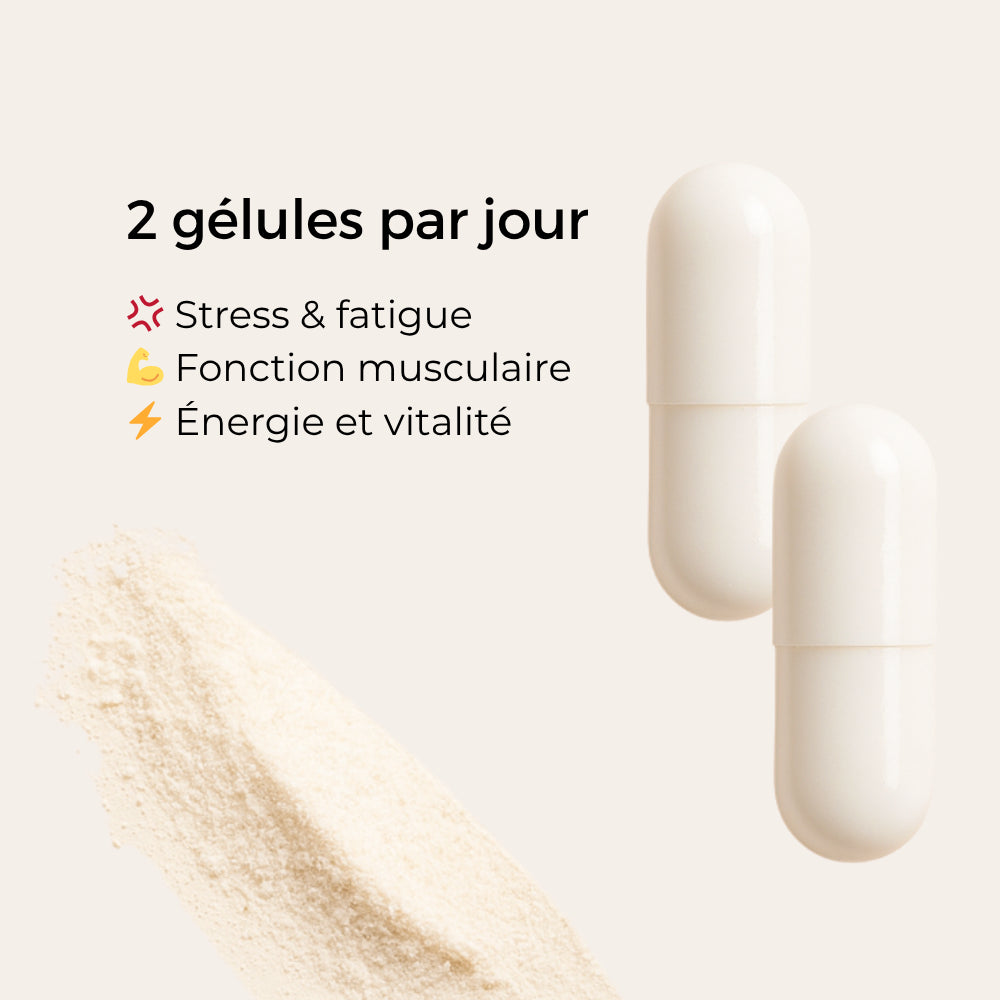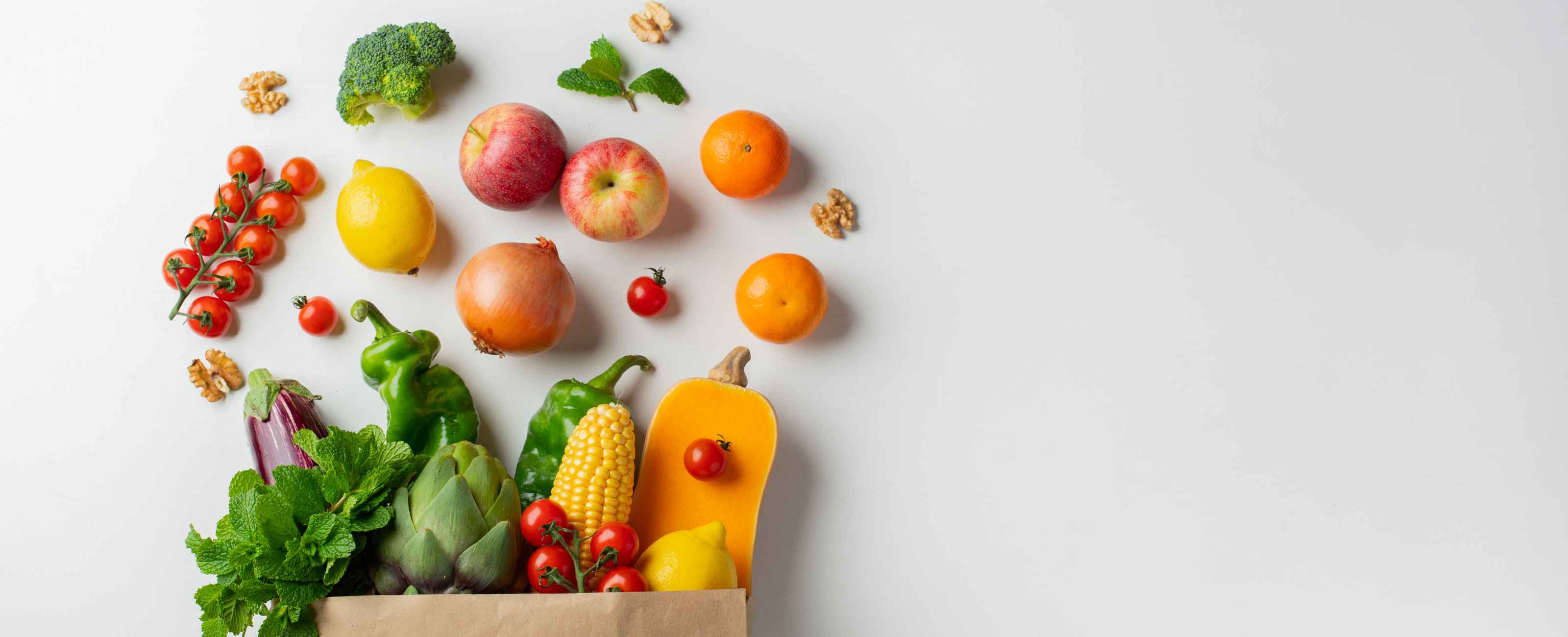
Vegetarian, vegan: what are the differences?
The common point between a vegetarian, a vegan and a vegan is the fact that they do not eat meat. The reasons for choice are diverse: respecting the animal cause, improving one's health, encouraging more sustainable agriculture or applying a religion (Hinduism, etc.).
However, these three types of diets have some differences that you should know about:
The Vegan
A vegan's consumption is strict. He does not eat any products of animal origin (meat, seafood, milk, eggs, honey, etc.). Veganism is therefore a diet that includes only foods of plant origin.
The vegan
Veganism was founded in 1944 by the co-founder of the Vegan Society, Donald Watson. He was considered the first vegan.
Vegans consume the same as vegetarians, but their lifestyle excludes any product that comes from animal exploitation. For example, a vegan does not buy leather shoes or wear clothes with fur. They will also not use products or cosmetics tested on animals. Finally, vegans do not go to the zoo or the circus to watch shows with animals.
Veganism is therefore not only a diet but a way of life aimed at excluding suffering and cruelty towards animals. A vegan does everything to live without making animals suffer. He will exclude all products of daily life that can harm them.
✅ CBD Candies
✅ CBD Oils
The vegetarian
Vegetarianism is a dietary practice that has existed since Ancient Greece. Several Greek philosophers were vegetarians and committed to the animal cause, including Pythagoras, considered the father of vegetarianism.
Other renowned thinkers and scientists have also been vegetarians: Albert Einstein, Leonardo da Vinci and Mahatma Gandhi.
A vegetarian has a type of diet that excludes meat. (red meat and white meat), fish and seafood. However, there are several categories of vegetarianism:
- Lacto-ovo vegetarianism: the vegetarian will eat animal products such as dairy products or eggs.
- Lacto-vegetarianism: the vegetarian will consume milk but not eggs.
- Semi-vegetarianism: the vegetarian will exclude meat, but not fish, seafood or poultry. This diet is similar to the Mediterranean diet.
The benefits of this diet
The health effects of vegetarian, vegan and plant-based diets are generally beneficial. People who follow these diets are more likely to have a more favorable body mass index (BMI), LDL cholesterol levels and blood sugar levels than the rest of the population.
As part of a diet rich in oilseeds, fruits and vegetables, they have a lower risk of developing cardiovascular diseases or diabetes thanks to a reduction in energy intake, a higher intake of fiber and consumption of foods with a low glycemic index.
Vegetarians, vegans and vegans: the most exposed to nutritional deficiencies
Vegetarians, vegans and vegans are more likely to have nutritional deficiencies. This is because certain fatty acids, vitamins and trace elements are only present in animal products.
These nutritional deficiencies can cause anemia, fatigue, muscle weakness, loss of balance, dizziness, palpitations, pale skin, hair loss or even irritability.
They must therefore take food supplements rich in vitamin B12, vitamin D, iron, zinc, calcium and omega 3. These nutrients are essential to ensure the proper functioning of the body.
Protein intake should also be monitored to adequately nourish muscles, and rebuild them after physical activity.
At Délicure, all our supplements in the form of gummies are vegan, they do not contain any animal substances and are therefore suitable for all diets.







